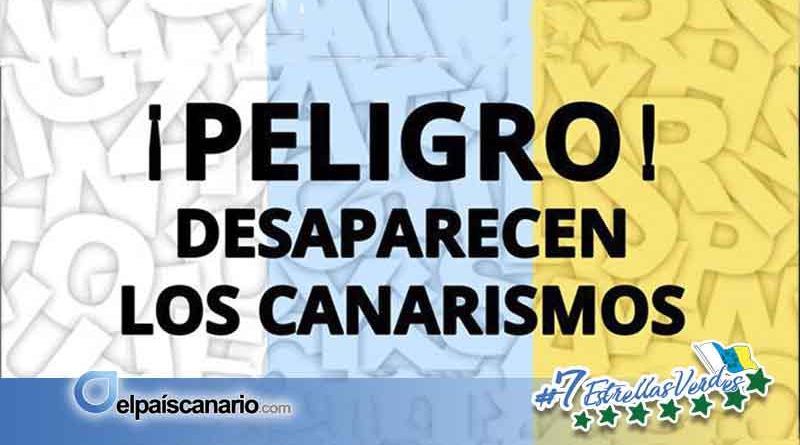Carta de una funcionaria canaria al recibir una en catalán: “”¡Oh! ¿Qué pasó? Ño, chacho, la carta que nos enviaron ustedes...........................Letter from a Canarian civil servant on receiving a letter in Catalan: ""Oh! What happened? Ño, chacho, the letter they sent us ......

¿No habría que luchar por que se imponga una asignatura del dialecto canario en nuestro sistema educativo?...................shouldn't we fight for the imposition of a subject of the Canarian dialect in our educational system?
El pasado día 16 de mayo publicamos en esta web el artículo “El Dialecto Canario. El español de Canarias no es un dialecto mal hablado” basado en un artículo del Catedrático de Lengua Española de la Universidad de la Laguna Humberto Hernández. De nuevo en el periódico La Provincia de hoy día 5 de junio Humberto Hernández publica ¿Traducir el dialecto canario?, otro artículo que hace opinión sobre nuestro español de Canarias. Para no hacer muy larga mi reflexión les remito a este magnífico artículo del catedrático, y mencionaré dos apartados que me parecen muy interesante.
Primero la posible contestación de una carta de una funcionaria de una institución insular en respuesta a una misiva escrita en catalán en el que se reclamaba un importe por unos servicios prestados que en justa reciprocidad remitió en canario a la de Barcelona:
“”¡Oh! ¿Qué pasó? Ño, chacho, la carta que nos enviaron ustedes pidiéndonos los datos de 2006 a declarar en el modelo 347 estaba un fisco fule de entender, cámbate las patas. A lo primero pensé que estaba aguanajada al no entender nada y pensé en meterla en la gaveta y echarle el fechillo, pero me fui dando cuenta de que el palique de la carta era en…catalán. ¡chiquito palique! ……”
Y segundo la insistencia en que usemos el canarismo en registros adecuados, que nos preguntemos si el español de Canarias que han hablado nuestros antepasados se está perdiendo y cuáles son las soluciones. En la Gomera un trabajo fantástico de gente comprometida de verdad con Canarias ha conseguido que el Silbo se de como asignatura en las clases y como contrapartida se está recuperando tan importante legado. Si muchos estamos de acuerdo en que nuestros hijos y nietos no saben nada de nuestro lenguaje particular,
¿No habría que luchar por que se imponga una asignatura del dialecto canario en nuestro sistema educativo?
Los canarismos para los que tenemos muchos años suenan muy bonito. Ojala y nuestros hijos y nietos se enorgullezcan en el futuro de ello: (Después de la traducción al inglés)
